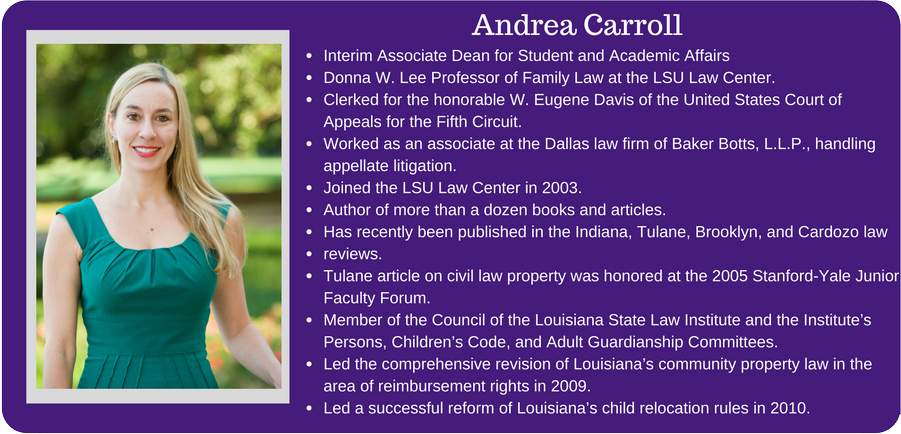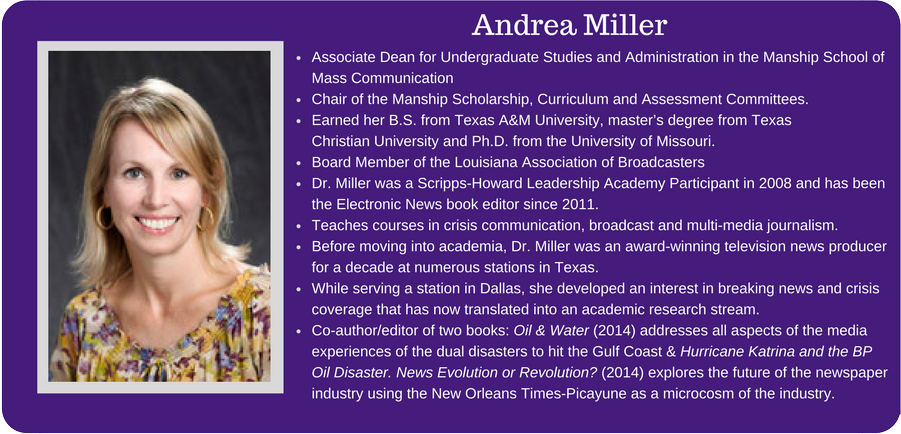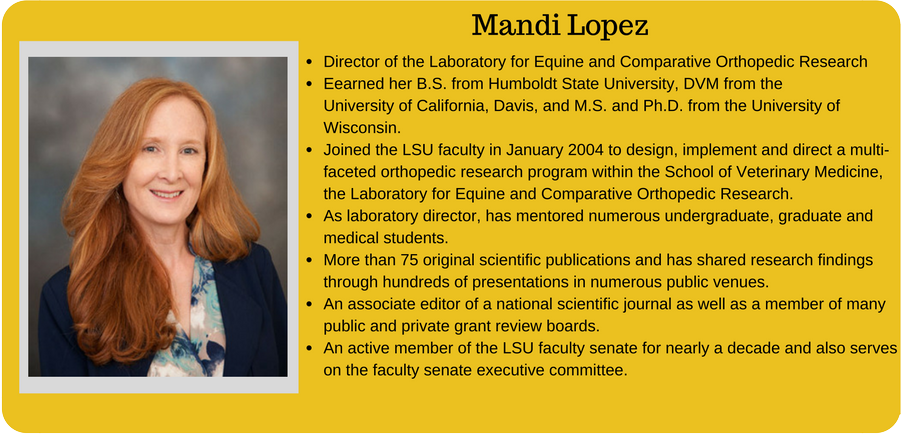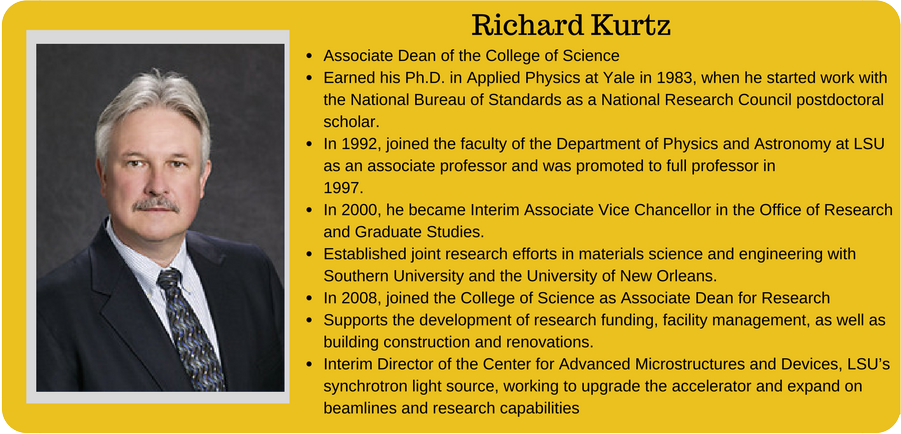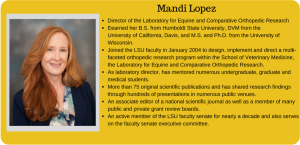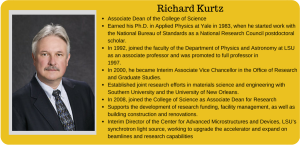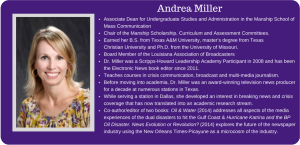Four University faculty members were recently selected to participate in the SEC Academic Leadership Development Program, an initiative to advance faculty as academic leaders among Southeastern Conference institutions.
The SEC ALDP started in 2008 as a fellowship involving higher education administration training and promotion of inter-institutional relations among the 14 participating universities in the southeast region.
Those selected from the University were Andrea Beauchamp Carroll of the LSU Paul M. Hebert Law Center, College of Science Associate Dean Richard Kurtz, Mandi Lopez of the LSU School of Veterinary Medicine and Manship School of Mass Communication Associate Dean Andrea Miller.
The faculty members were selected through a nomination and application process. SEC ALDP participants come from all disciplines, including graduate schools.
Participation in the program consists of two parts: faculty development training specific to each school and two three-day workshops held at a host university for all SEC program participants. The program is completed within an academic year, and participants attend one conference each semester.
The four University participants meet weekly with Senior Vice Provost Jane Cassidy, their acting liaison, and work with Vice Provost Matt Lee as well. The participants meet with executive leaders from various departments on campus, such as the Office of Diversity and the Office of Budget and Planning, to learn more about their roles as administrators and the University itself, Lopez said.
“It’s really important for an effective administrator to have a complete understanding of a university far outside their own specific role,” Lopez said. “I really believe this is the goal of the program: to familiarize individuals who may or may not have career aspirations in upper administration with all of the complexities and intricacies of a university unit.”
Those with aspirations of a career in university administration can use the program as an opportunity for exposure to an in-depth look at the inner workings of higher education bureaucracy.
As the field changes, so do the expectations and needs that come with it, and participants learn how to adapt to the dynamic profession to “keep the University as agile as possible,” Lopez said.
Kurtz said the program is helping him become more detail-oriented. He said meeting participants from other SEC schools enables University faculty participants to see what the best practices are elsewhere and make contacts to establish relationships with other participants.
At the program-wide conference hosted by the University of Alabama, participants partook in several moderated panels and were given real-world scenarios to practice real-time, administrative reactions.
Miller said the panels on diversity and advancement, or fundraising, were especially helpful and relevant to University administrators after the statewide budget crisis and the summer’s heightened racial tensions.
“It helps me not only to be a better leader, but a better citizen,” Miller said. “There are different subjects and issues facing higher education that we all need to know about in order to be proactive with all these issues and not reactive.”
Carroll said learning how other universities handle diversity and inclusivity was insightful to her position as associate dean of student and academic affairs, as she runs student orientations at the Law Center.
Miller said learning how other universities across the SEC run was informative, as they share similar challenges, and offered different perspectives on how to approach situations. By getting a broad collection of experience, the University is able to be the best it can be for its students, she said.
University faculty members participate in SEC academic fellowship
October 24, 2016
More to Discover



